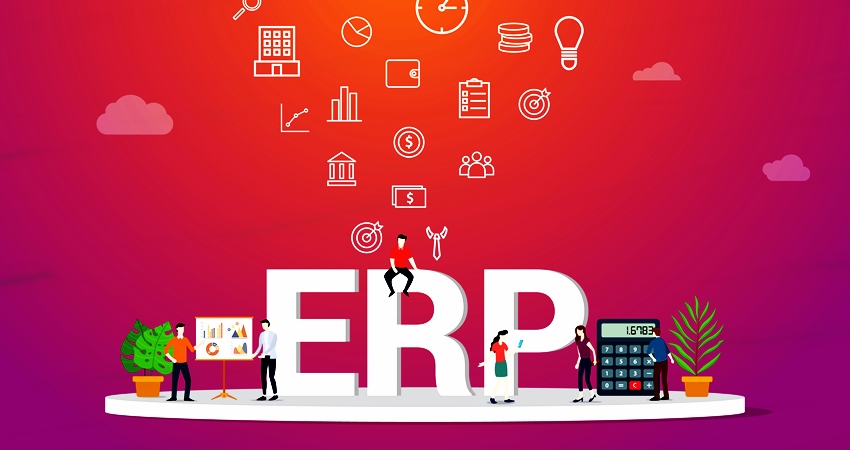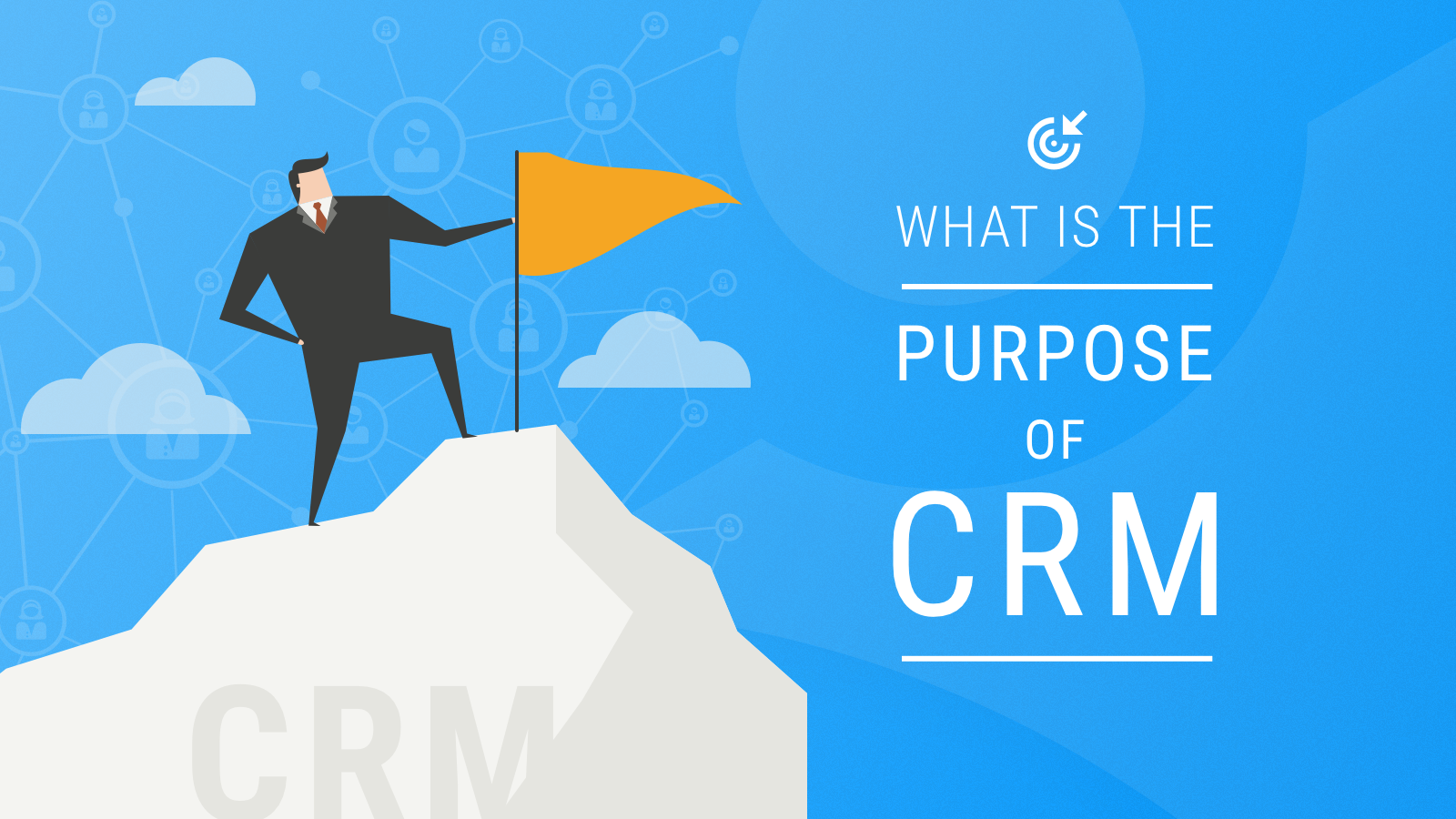ERP (enterprise resource planning) software is a must-have for businesses in the manufacturing industry. Custom ERP software can have a positive impact on nearly every aspect of a manufacturing company. A solid ERP solution can assist manufacturers in becoming more productive, secure, and cost-efficient, as well as promoting collaboration and assisting in decision-making.
Manufacturers today face high demand for faster processing, higher output, and more streamlined production. Many of the problems that businesses in the manufacturing industry face can be solved with the right tools. Learn more about ERP software and how custom enterprise resource planning can benefit the manufacturing industry.
ERP is a process that businesses use to manage and integrate critical aspects of their operations. ERP software solutions allow a company to integrate all of the processes required to run a successful business. This process entails gathering and organising business data through the use of a software suite that includes applications that automate common business functions such as sales, production, accounting, and quoting.
It can be difficult to manage information across multiple departments within an organisation. Enterprise resource planning encourages the free flow of communication between departments by providing a single source of accurate, real-time information. ERP can manage all business resources, from human resource staffing to raw material ordering in purchasing.
The unique components of an ERP system are based on the business’s specific requirements. However, there are some fundamental features that all software should have, such as automated features to reduce errors and mobile access to allow users to access the software from any device. ERP solutions should also include productivity tools that allow executives to analyse and measure performance.
Advantages of Manufacturers Using Custom ERP Software:–
Custom enterprise resource planning software has proven to be increasingly useful in the manufacturing industry. Companies of all sizes are realising the value of a custom ERP solution for streamlining business operations, increasing efficiency, and lowering costs.
Packaged ERP solutions have some advantages, but most fall short of meeting the needs of a growing business. Off-the-shelf ERP software frequently limits flexibility, whereas custom ERP systems aim to meet an organization’s unique preferences, requirements, and boundaries. Manufacturing companies can stay ahead of the competition by using custom ERP software.
The following are some of the most important ways that custom ERP software can aid the manufacturing industry:
- Optimized Production Management
Manufacturing firms are under enormous pressure to maintain rigorous product timeframes in order to meet client demands. This necessitates manufacturers optimising their production cycle while adhering to industry norms. Custom ERP software frequently includes a production module, which enables enterprises to shorten the manufacturing cycle and increase overall workplace productivity.
Businesses can quickly track on-site activity, automate task scheduling, and streamline product planning using custom ERP software. Automation inside ERP software ensures that producers are never caught off guard in the absence of raw materials and equipment required to sustain routine operations.
- Greater Workflow Visibility
Prior to the emergence of ERP systems, coordinating between multiple work sites took a significant amount of time and effort. Companies have to make phone calls or physically visit physical sites to acquire information on certain sections of the business, wasting significant time and money, especially for organisations with locations in different time zones.
Businesses in the manufacturing industry can now benefit from increased workflow visibility thanks to the revolution of custom ERP software. Regardless of location, a worker may open a database from any device to access information in real-time, allowing team members to stay on task while optimising operations in manufacturing plants and distribution centres.
- Improved Inventory and Warehouse Management
Inventory management is an important aspect of manufacturing. To track inventory movements, minimise supply outages, and keep accurate records, proper inventory and warehouse management are required. Keeping a proper stock inventory and managing the warehouse effectively saves vital resources like time, money, and people.
Custom ERP software improves inventory and warehouse management by giving real-time operational analytics. Businesses can simply track stock movements throughout the production cycle with the correct software solution. ERP software can also be upgraded with auto-replenishment functions, which eliminate stock outages.
Enterprise resource planning solutions organise and make data and documents easily available. This improved efficiency decreases the number of duplicate documents and ensures that data is accurate and up to date. Proper data storage and management aids in the reduction of many of the typical cyber dangers that modern firms face.
- Reduced Operational Costs
Business leaders are constantly looking for new methods to cut operational costs. Standard processes may generate enough cash, but they also have high maintenance expenditures. Custom ERP software can help businesses save money in a variety of ways.
Manufacturing companies are seeing higher cost savings by managing their operations through a single centralised system rather than several distinct systems, each of which requires separate maintenance and operation expenditures.
When common operations are streamlined, savings are realised not just in the warehouse and distribution facilities, but also in operating and administrative expenditures. Work may be completed more quickly and efficiently, resulting in increased production, all of which have a direct impact on a company’s bottom line.
- Customizable Business Solutions
The most appealing feature of custom ERP software is that it is tailored to the exact demands of the business. No two manufacturing companies are alike, and each has its own set of requirements. Some manufacturers are small and only have one site, but others are massive and may partner with multinational firms.
ERP software may be tailored to fit the ever-changing needs of modern industrial companies. These cutting-edge solutions also incorporate cutting-edge technologies such as the Internet of Things (IoT) and artificial intelligence computer solutions.
- Increased Customer Satisfaction
Customer happiness is one of the most valuable assets a company can have. Businesses form working connections with their clients in order to encourage repeat purchases that benefit their mutual bottom lines. Businesses must deliver high-quality items on schedule and at a competitive price to keep customers satisfied.Custom ERP software solutions assist manufacturers in meeting the demands and expectations of their customers. Business executives may use real-time data to make critical production choices, guarantee that consumers receive the products they require on time, and eliminate problems throughout the process.
Businesses that continue to satisfy their customers have a higher rate of repeat sales. These companies are also more likely to establish a positive reputation in the industry as a reliable source of high-quality goods and services.




